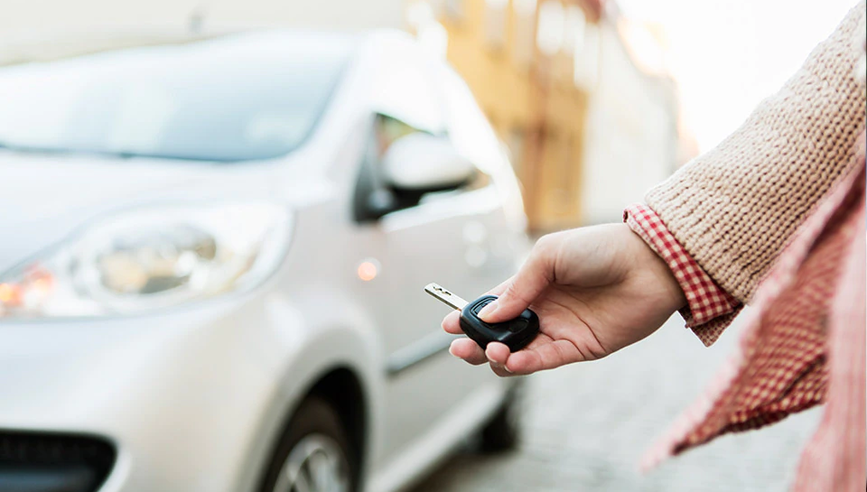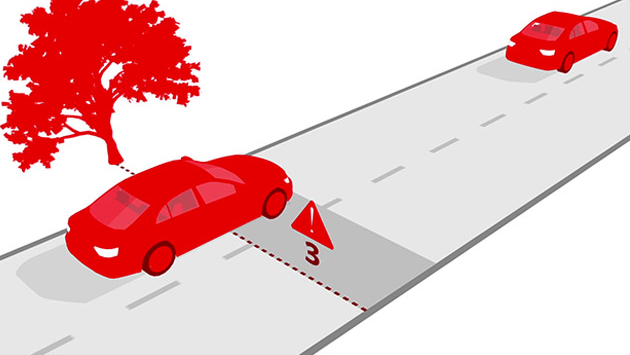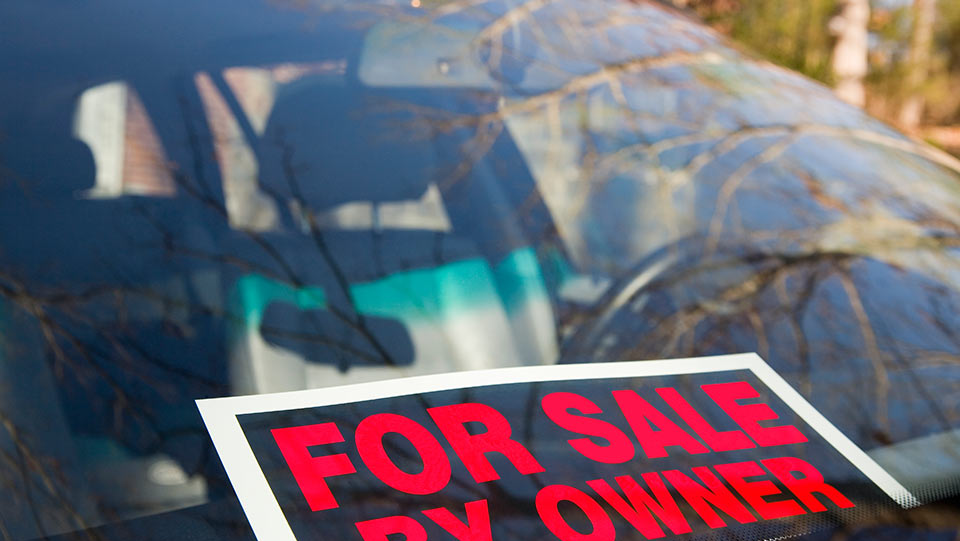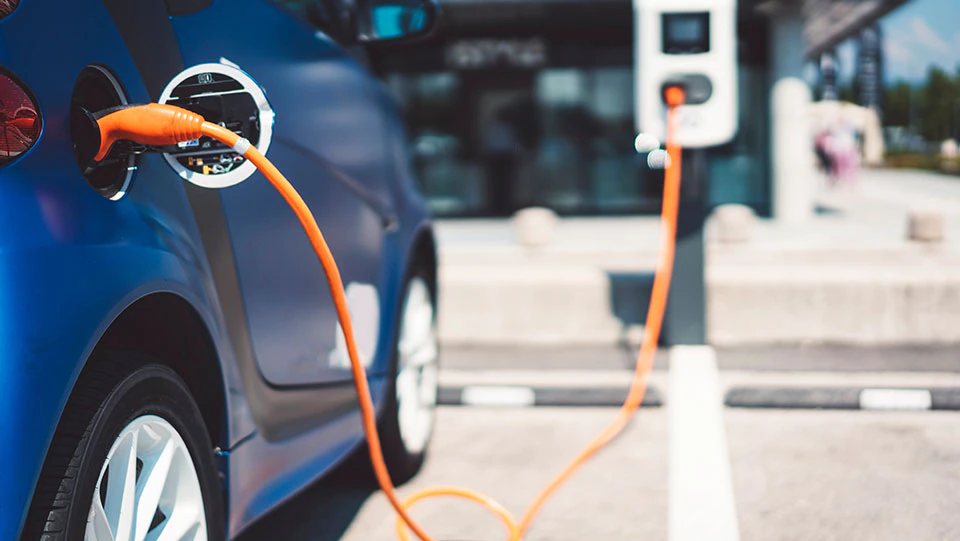How to Choose Car Insurance in 4 Steps


Because there are so many companies selling car insurance, sorting through all the choices to find the right policy for you and your family can be a challenging task. With each carrier claiming to offer the best value, it's easy to feel confused. At first glance, all of the policies may look the same, but there are important differences you may need to consider. Your goal should be to find one that includes all the benefits you need at a competitive price.
Follow these four steps for finding the best car insurance policy for you:
1. Determine the level of coverage you need
The cheapest policy may not be the one you need. Inexpensive plans may not provide collision coverage, which pays to fix your own car following an accident. They may not offer comprehensive coverage, which covers damage to your car not caused by auto accidents, such as natural disasters, theft or vandalism.
The nonprofit Insurance Information Institute notes that all states except New Hampshire require property and bodily injury liability coverage.1 A policy that offers only the minimum amount of liability protection required by law may save you money, but it probably won't cover the legal claims that can stem from serious accidents involving property damage or injuries.
Remember that not everyone's insurance needs are the same. For example, if you're leasing a car, you may need gap insurance. If the car is totaled, gap insurance covers the difference between the actual cash value of the vehicle and the outstanding balance on your lease.
2. Review the financial health of car insurers
Everyone wants a good deal on their auto insurance policy, but low rates won't do you any good if the company you choose isn't around to pay its claims. Online reports from independent ratings companies, such as A.M. Best, Fitch, Moody's and Standard & Poor's, can help you determine your insurer's financial health, says Investopedia.2
Each ratings agency uses its own standards for evaluating insurance companies and their financial health.
3. Compare several car insurance quotes
You can shop for insurance by going online, using the telephone or working directly with insurance agents. A report by Bankrate says getting multiple quotes is important because prices for the same level of coverage vary greatly.3 That happens because insurance prices are based on risk. Each carrier has its own formula for measuring the policyholder's risk for filing claims.
Some insurers rely heavily on insurance scores to determine how likely policyholders are to file claims. Other companies may give more weight to the type of car you drive and how expensive it would be to repair following an accident.
Where you live also can be a factor in determining what you pay for car insurance. If your ZIP code has a higher-than-average rate of car accidents, your insurance costs could be higher.
4. Ask about discounts
Many insurance companies offer discounts, notes MarketWatch.4 If you have a teen with good grades on your auto policy, he or she may qualify for a reduced insurance rate. Some insurers offer discounts to drivers who meet annual low-mileage thresholds or take driver education classes. If your car has an anti-theft device, that also could qualify you for a discount.
Be sure to request a list of all available discounts. It could make a big difference in how much you pay for your policy.
Sources
1 http://www.iii.org/article/auto-insurance-basics-understanding-your-coverage
2 http://www.investopedia.com/terms/i/insurance-company-credit-rating.asp
3 http://www.bankrate.com/finance/insurance/tips-for-getting-car-insurance-quotes.aspx
4 http://www.marketwatch.com/story/11-little-known-car-insurance-discounts-2013-10-22?page=2



